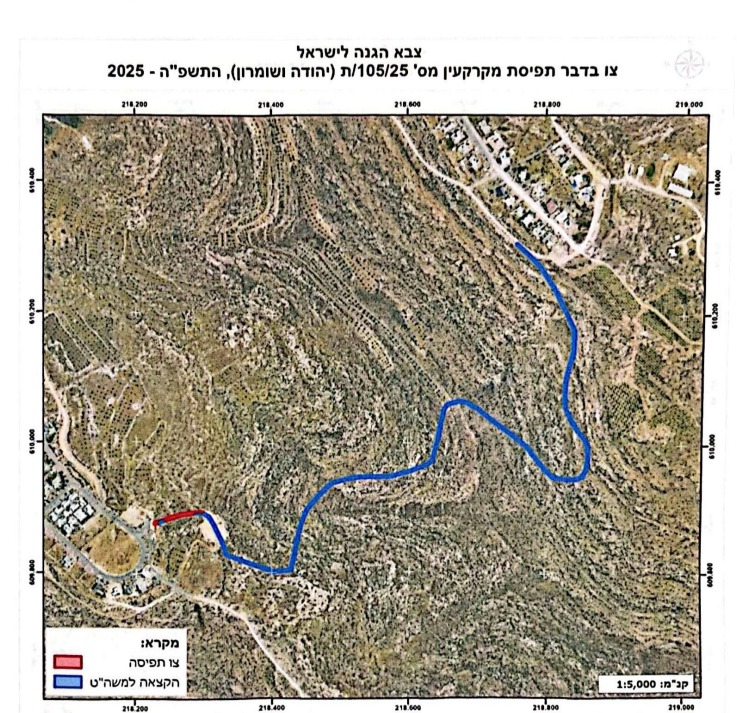RAMALLAH, November 4, 2009 (WAFA)- A report describing the impact of the blockade on water and sanitation in Gaza published concluded that donor agencies must commit to fund reconstruction efforts and put pressure on their governments and Israel to allow the entry of needed materials.
This fact sheet was produced by the WASH (Advocacy Task Force), a sub-committee of the EWASH group, in collaboration with the WASH Cluster in OPT.
The report recommended that the Israeli authorities should immediately open border crossings to Gaza in line with the 2005. Agreement on Movement and Access and internationally recognised human rights and humanitarian law standards to facilitate entry of construction materials, and aid necessary to respond to the water and sanitation crisis that exists in the Gaza Strip. Donor agencies must commit to fund reconstruction efforts, and put pressure on their governments and Israel to allow the entry of needed materials.”
“Without addressing both the immediate humanitarian needs of the population and ensuring the long term development of the deteriorated water and sanitation sector, public health and the environment will remain at significant risk,” the report said.
Impact of fuel shortages on Gaza sanitation- Polluting the Sea, “states ... should refrain at all times from imposing embargoes or similar measures, that prevent the supply of water, as well as goods and services essential for securing the right to water. Water should never be used as an instrument of political and economic pressure.”
Israel has imposed restrictions on the movement of people and goods at Gaza’s border crossings since June 2007 and further reduced supplies of fuel and electricity to the Gaza Strip in September 2007. This has had a severe impact on water and sanitation services in Gaza, the breakdown of which is placing public health and the wider environment at risk, both in Gaza and Israel.
Gaza’s border crossings should be opened, immediately, so that construction materials and aid necessary to respond to the water and sanitation crisis in the Gaza Strip, can enter.
Due to the closure of Gaza’s border crossings, equipment and supplies needed for the construction and maintenance of water and sanitation facilities have been denied entry, which has resulted in the freezing of a number of projects to repair, rehabilitate and upgrade existing infrastructure, including water and sewerage networks and waste-water treatment plants.
Water related health problems, including the potentially fatal blue baby syndrome are wide spread in the Gaza Strip. UNRWA reports that among the infectious diseases affecting the refugee population in the Gaza Strip, those that have the highest rates of occurrence are those directly related to inadequate supplies of safe water and poor sanitation.









